Dental prosthesis, commonly known as "dentures" in colloquial terms, is a treatment method applied when teeth, gums, and oral tissues are damaged, or tooth loss occurs.
What is Dental Prosthesis?
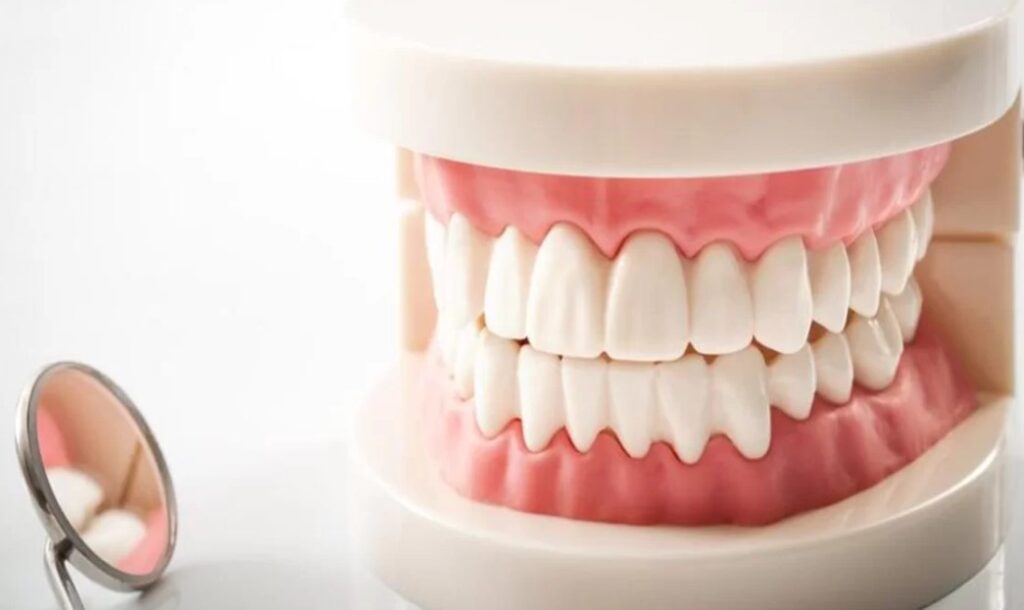
Dental prosthesis, also known as dentures, is a custom-made treatment designed to replace lost teeth and restore lost functions, tailored to the individual's needs.
The process of permanent dental prosthesis is usually seen as a last resort and is applied when tooth loss cannot be prevented. Patients use prosthetics to replace lost teeth and restore chewing function.
How is Dental Prosthesis Made?
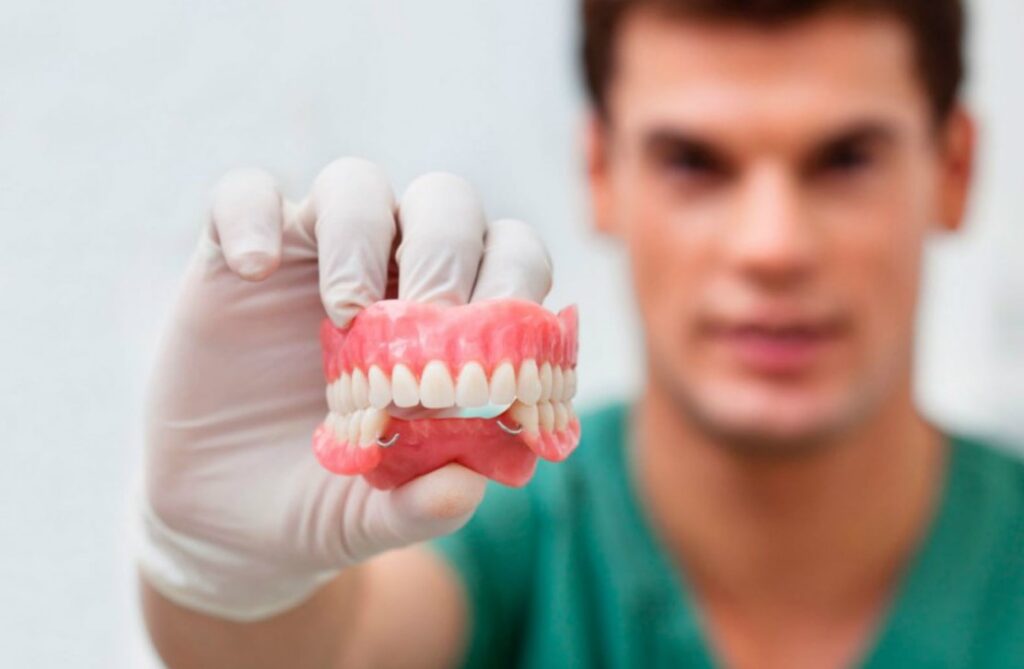
Dental prostheses are generally made using porcelain or acrylic materials. The treatment process involves several steps:
- Before starting the treatment, the patient undergoes a thorough examination, including the examination of existing teeth, remaining jawbone from previously extracted teeth, broken tooth roots, and palates.
- The measurement process begins after the examination, usually completed in a single session.
- Measurements for the upper and lower jaws are taken separately, with attention to their relationship.
- The obtained measurements are transferred to a model, creating a 3D model of the prosthetic teeth.
- During the preparation of the prosthesis, the smile line and the centerline of the teeth are taken into consideration.
- The prosthesis is designed to match the color of the patient's jawbone, aiming for a natural appearance.
- After the prosthesis is ready, its fit is checked, and any discomfort is addressed. If no issues arise, the teeth are attached.
Types of Dental Prostheses:
Dental prostheses are categorized into two main types:
- Fixed Dental Prostheses: These are permanently fixed inside the mouth and cannot be removed by the individual. They are commonly used for individuals with minimal tooth loss, often utilizing the patient's existing teeth. The process generally takes up to 10 days and commonly involves materials like zirconium and laminate restorations.
- Removable Dental Prostheses: These are used when more extensive tooth loss occurs, allowing individuals to remove and reinsert them themselves. They come in various types, including total prostheses for cases with no remaining teeth, partial prostheses for replacing missing teeth, immediate prostheses attached right after tooth extraction, and implant-supported prostheses.
How to Clean Dental Prosthesis?
Regular cleaning is crucial for removable dental prostheses. They should be removed and cleaned using a mixture of half water and vinegar. Brushing helps remove residue on the prosthetic teeth. Additionally, natural teeth should be brushed daily, supporting the process with dental care products.
Advantages of Dental Prosthesis:
- Acts as a last resort for complete tooth loss, providing an aesthetic appearance.
- Restores essential functions like speech and chewing.
- Durable and can be used similarly to natural teeth.
- Long-lasting with proper cleaning and maintenance.
- Provides comfort and ease of use after an adaptation period.
How to Clean Dental Prosthesis?
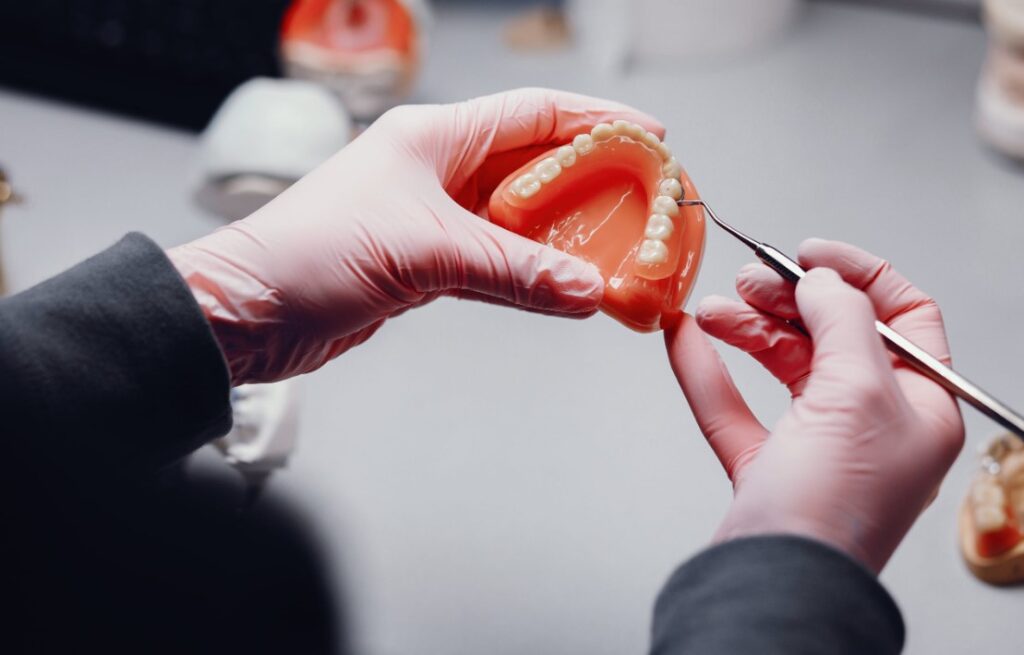
Removable prostheses should be removed and cleaned after meals. Fixed prostheses should be rinsed with plenty of water. Specific brushes and pastes designed for prostheses should be used, as regular dental care products may harm them. Specially developed tablets should be used weekly to eliminate bacteria.
Dental Prosthesis Rights:
Government assistance is provided for prosthetic replacements every four years. The State supports those who want to change their prostheses within this timeframe. The right to dental prosthesis is part of this support program. The state does not cover the replacement of prostheses that wear out, get damaged, or expire within four years.
If you receive a message saying you have the right to dental prosthesis, you can get detailed information from the Social Security Institution.
Frequently Asked Questions about Dental Prosthesis:
- What is the cost of dental prosthesis?
- How often can I replace my dental prosthesis?
- Are there any specific requirements for government support in dental prosthesis?
- What is the lifespan of dental prostheses?

 English
English Turkish
Turkish Deutsch
Deutsch العربية
العربية![[:en]What is Dental Prosthesis? How is it Made? About Dentures![:tr]Diş Protezi Nedir? Nasıl Yapılır? Protez Diş Hakkında![:de]Was ist eine Zahnprothese? Wie wird sie hergestellt? Über Zahnprothesen![:ar]ما هو البروتيز السني؟ كيف يتم إنتاجه؟ حول الأسنان الاصطناعية![:] Diş Protezi Nedir](https://proestetik.com.tr/wp-content/uploads/2023/02/Protez-dis-fiyatlari-1.jpg)



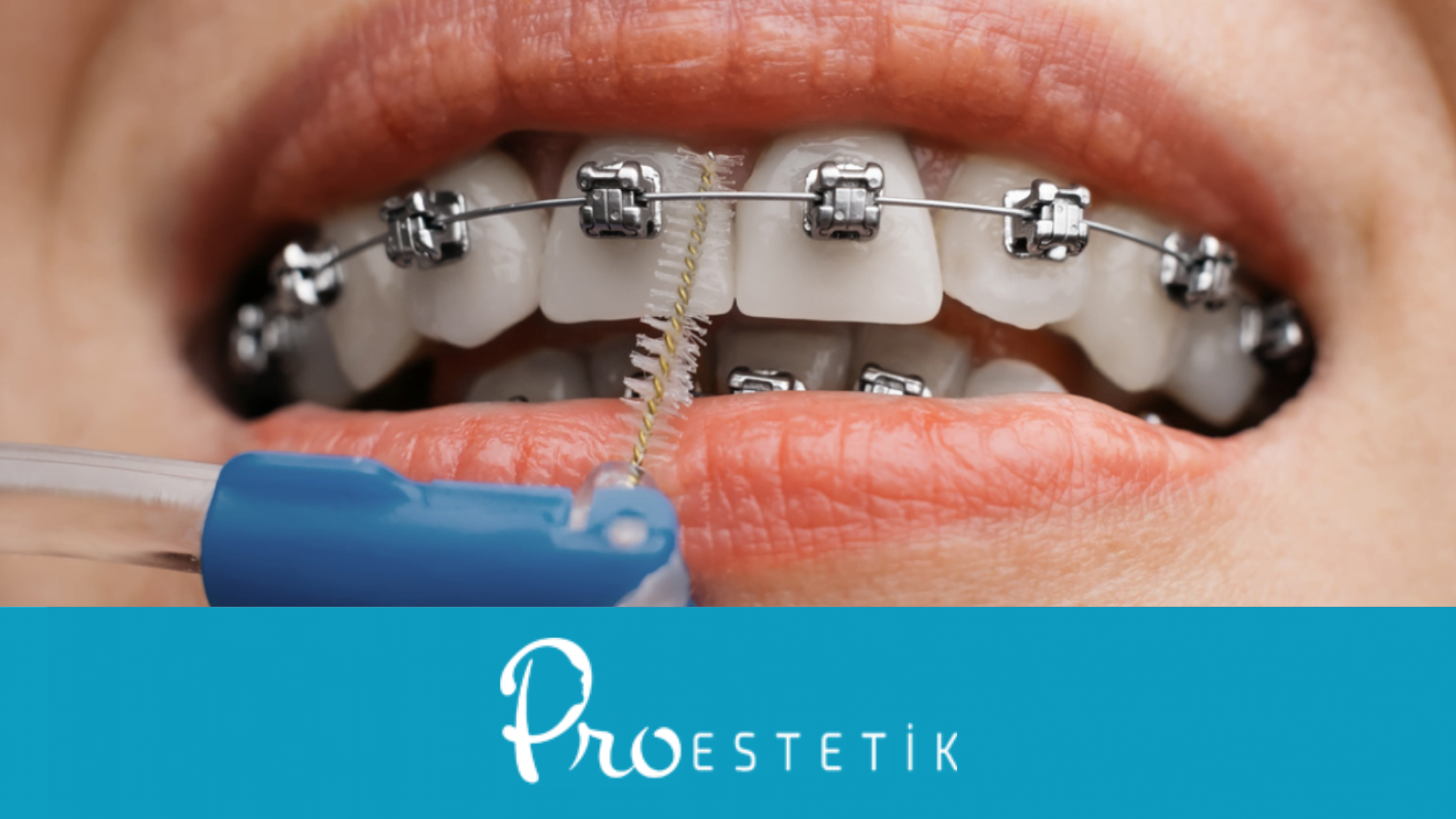




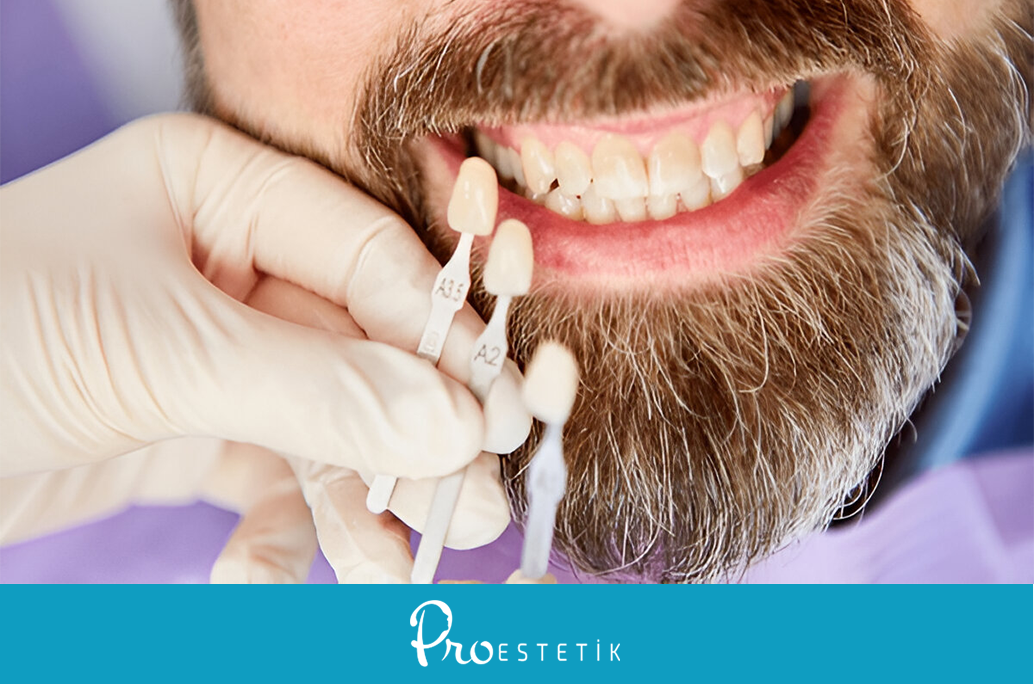


Mehmet Sait karaalp
1 year ago4 tane vidalı diş ne kadar
Hilal
1 year agoMaalesef direkt bilgi vermemiz mümkün değil. Kliniğimize gelerek ücretsiz ilk muayene hizmetimizden faydalanarak fiyatlandırma hakkında da bilgi alabilirsiniz 🙂